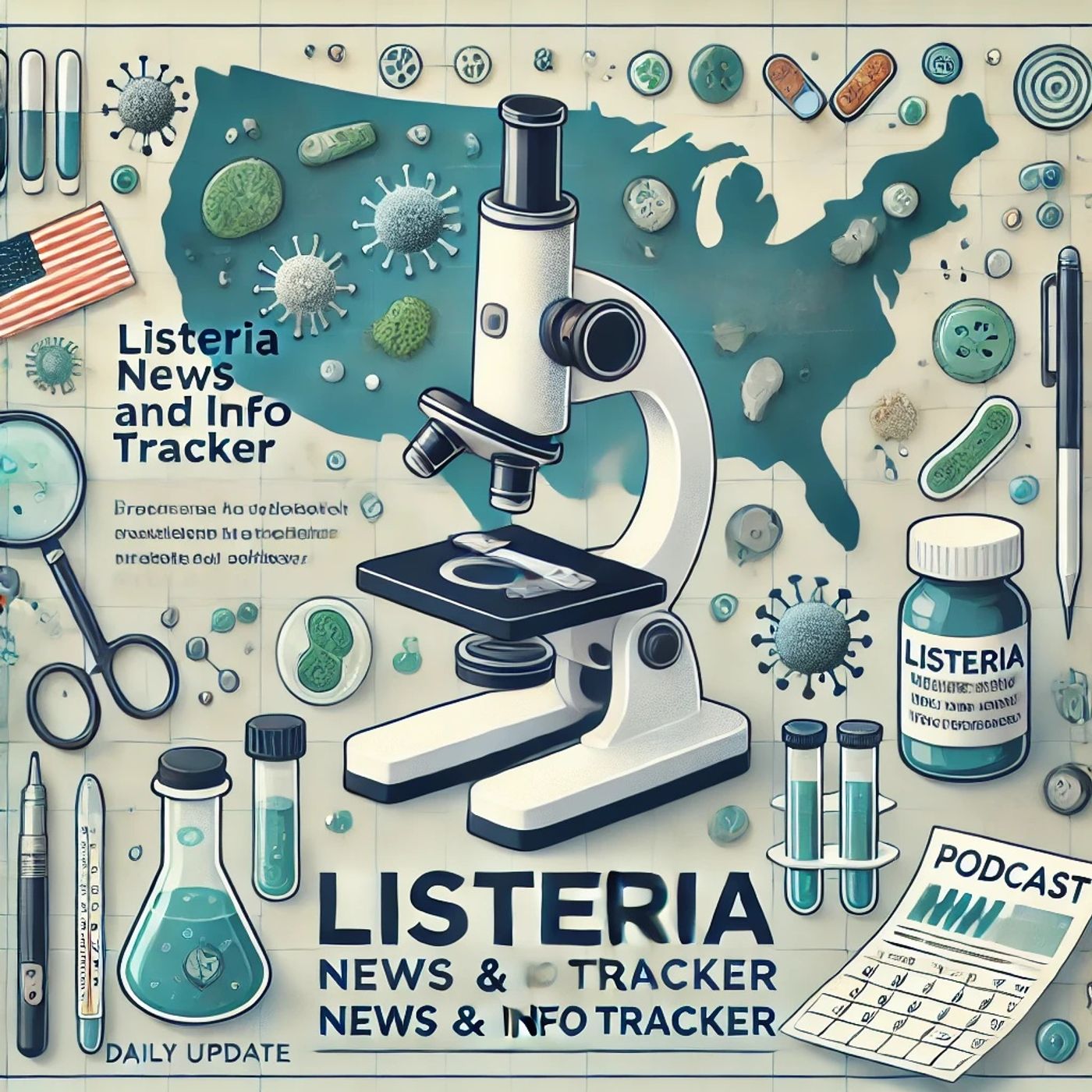Feb 01 2025 3 mins
Broccoli has become the latest focus of a significant public health concern as the Food and Drug Administration (FDA) recently announced a Class I recall due to a Listeria risk. Listeria monocytogenes, the bacterium behind this scare, can cause serious infections, particularly in vulnerable individuals such as young children, the elderly, and those with compromised immune systems. This recall underscores the potential danger posed by this microorganism and highlights the need for rigorous safety measures in the food industry.
Listeria infections, known as listeriosis, can lead to symptoms such as fever, muscle aches, headache, stiff neck, confusion, and even convulsions. In extreme cases, the infection can escalate to more severe issues like septicemia and meningitis, which are life-threatening and require immediate medical attention. Pregnant women are particularly at risk, as listeriosis can lead to miscarriage, stillbirth, premature delivery, or life-threatening infection of the newborn.
The classification of this recall as Class I, the most serious category designated by the FDA, indicates that exposure to the contaminated product can cause significant health consequences or even death. The designation reflects the severity of the risk posed by Listeria, which, despite being less prevalent than other foodborne pathogens such as Salmonella or E. coli, is far more deadly. According to the Centers for Disease Control and Prevention (CDC), Listeria is responsible for nearly 20% of all deaths from foodborne illnesses, a stark reminder of its potential to cause widespread harm.
Preventive measures are critical in combating Listeria outbreaks. The bacterium can thrive in cold environments, meaning it can survive and even grow in refrigerated foods, a trait not shared by most other pathogens. This characteristic necessitates stringent hygiene and food safety practices at all stages of production, distribution, and storage. Consumers are advised to heed recall notices, keep refrigerators clean, and ensure that foods, especially ready-to-eat products and raw produce, are properly washed and stored at the correct temperatures.
This incident serves as a clarion call for enhanced surveillance and more rigorous standards in food safety protocols. It demonstrates the importance of timely and effective communication between public health agencies, the food industry, and consumers. By staying informed and vigilant, individuals can minimize their risk of infection and contribute to broader community health efforts.
With the recall of potentially contaminated broccoli, the FDA emphasizes that consumers should check their products and dispose of any that are part of the recall to prevent risk of infection. Health authorities continue to monitor and manage the situation, working to ensure the swift identification and removal of hazardous products from the supply chain.
This latest event is a reminder of the persistence and virulence of Listeria and marks an urgent need for continued investment in food safety initiatives. Public awareness and adherence to guidelines are crucial in protecting public health and preventing future outbreaks of Listeria and other foodborne pathogens.
Listeria infections, known as listeriosis, can lead to symptoms such as fever, muscle aches, headache, stiff neck, confusion, and even convulsions. In extreme cases, the infection can escalate to more severe issues like septicemia and meningitis, which are life-threatening and require immediate medical attention. Pregnant women are particularly at risk, as listeriosis can lead to miscarriage, stillbirth, premature delivery, or life-threatening infection of the newborn.
The classification of this recall as Class I, the most serious category designated by the FDA, indicates that exposure to the contaminated product can cause significant health consequences or even death. The designation reflects the severity of the risk posed by Listeria, which, despite being less prevalent than other foodborne pathogens such as Salmonella or E. coli, is far more deadly. According to the Centers for Disease Control and Prevention (CDC), Listeria is responsible for nearly 20% of all deaths from foodborne illnesses, a stark reminder of its potential to cause widespread harm.
Preventive measures are critical in combating Listeria outbreaks. The bacterium can thrive in cold environments, meaning it can survive and even grow in refrigerated foods, a trait not shared by most other pathogens. This characteristic necessitates stringent hygiene and food safety practices at all stages of production, distribution, and storage. Consumers are advised to heed recall notices, keep refrigerators clean, and ensure that foods, especially ready-to-eat products and raw produce, are properly washed and stored at the correct temperatures.
This incident serves as a clarion call for enhanced surveillance and more rigorous standards in food safety protocols. It demonstrates the importance of timely and effective communication between public health agencies, the food industry, and consumers. By staying informed and vigilant, individuals can minimize their risk of infection and contribute to broader community health efforts.
With the recall of potentially contaminated broccoli, the FDA emphasizes that consumers should check their products and dispose of any that are part of the recall to prevent risk of infection. Health authorities continue to monitor and manage the situation, working to ensure the swift identification and removal of hazardous products from the supply chain.
This latest event is a reminder of the persistence and virulence of Listeria and marks an urgent need for continued investment in food safety initiatives. Public awareness and adherence to guidelines are crucial in protecting public health and preventing future outbreaks of Listeria and other foodborne pathogens.
